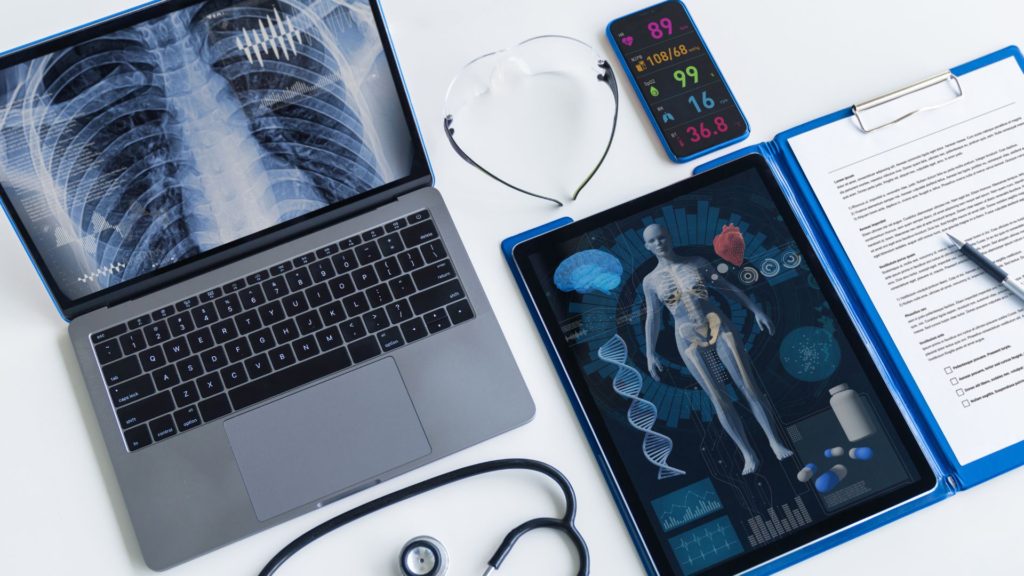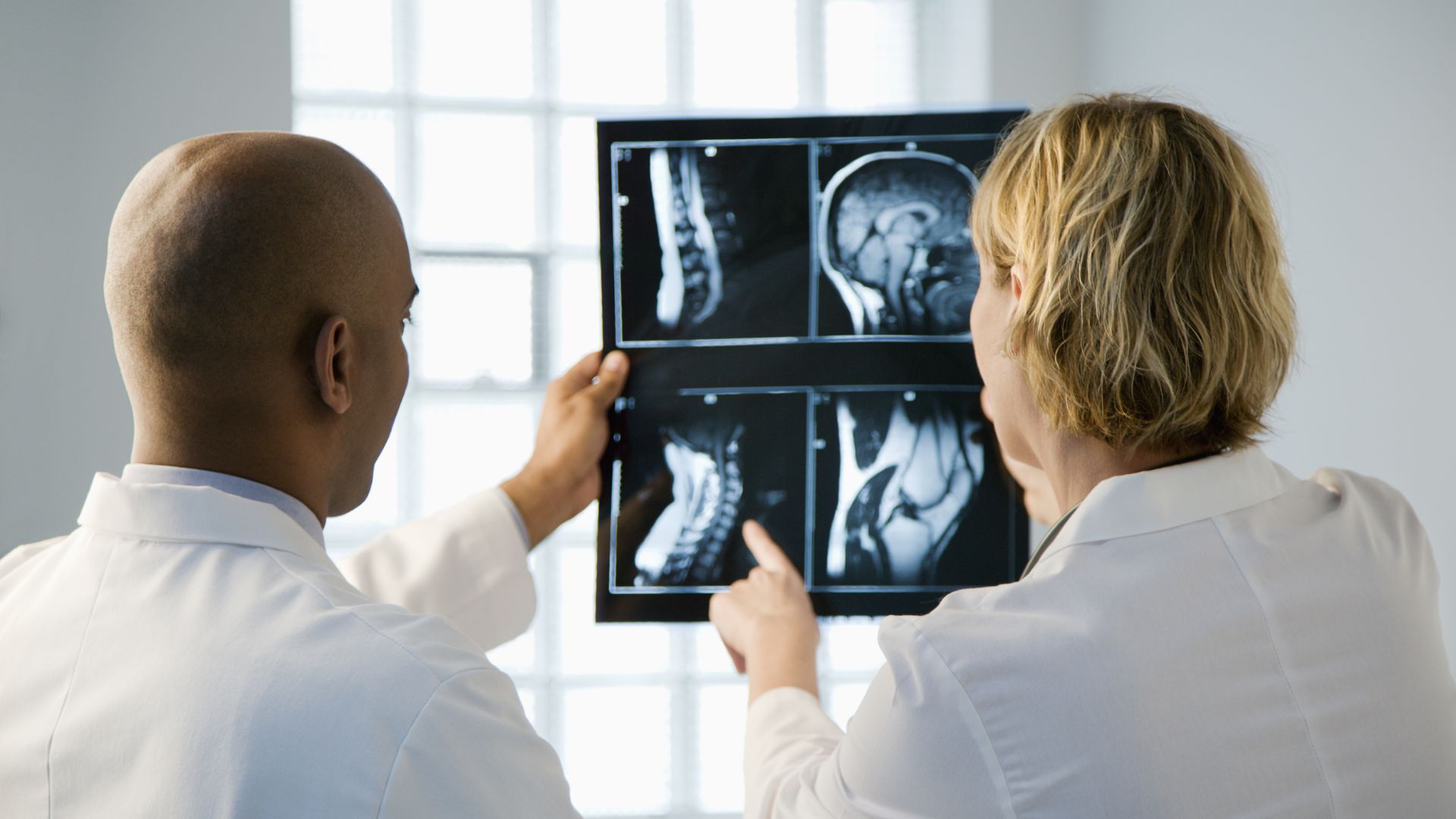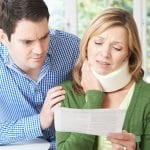Injuries Are Medical Issues, and Medical Evidence Is The Key To Obtaining Compensation For Those Injuries
If you file a lawsuit in Colorado for injuries you sustained in an accident, you won’t get very far without medical evidence. Just saying, “I’m in pain,” “I have a hard time turning my head,” or “I can’t work because of my injury,” won’t be enough for a judge or jury to award you damages.
However, detailed medical records that reflect the nature and extent of your injuries and the treatment required, the testimony of the doctors who treated you, and the reports and opinions of medical experts are exactly what you need to receive compensation.
While a personal injury can impact your life in countless ways—physically, emotionally, financially, and practically—it is fundamentally a medical issue. In a Colorado personal injury lawsuit, however, whether you should receive compensation for your injury and how much you should receive is also a legal issue.
Medical evidence sits at the intersection of both. Unless there are records and testimony that connect the defendant’s alleged actions to the injuries you suffered, as well as evidence to support the amount you claim you deserve for those injuries, your lawsuit will go nowhere fast.
Here are six reasons why medical evidence is the key to any personal injury case:
Establishing Causation
Causation is a fundamental element of a personal injury claim. Just because you have injuries after an accident does not necessarily mean they are the defendant’s fault. Defendants and their insurance companies often assert that a plaintiff’s claimed injuries were preexisting or caused by factors other than the accident at issue. Medical evidence is instrumental in establishing a direct link between the actions of the person you are suing and the injuries you sustained. Without compelling medical documentation, proving the injuries were a direct result of the defendant’s negligence is challenging at best.
Determining the Extent and Severity of Injuries
The extent of damages awarded in a Colorado personal injury lawsuit depends on the extent and severity of the claimed injuries. Simply put, the amount a plaintiff can receive for a broken leg that will eventually heal will be far, far less than a spinal injury that leaves a person wholly or partially disabled. Medical evidence provides objective data regarding the nature and extent of injuries, including diagnostic tests, medical records, and expert opinions. This information helps El Paso County courts understand the pain, suffering, and long-term consequences endured by the plaintiff, thereby influencing the compensation awarded.
Related: Getting Compensation for Spinal Injuries from Car Accident

Quantifying Damages
Two broad categories of damages are available in a personal injury lawsuit: economic and non-economic. The former involves amounts that can usually be proven through bills, invoices, and paystubs, such as medical expenses and lost wages. Non-economic damages include just as real, but harder to prove, losses such as pain and suffering, emotional distress, and diminished quality of life.
Medical evidence serves as a way to put a dollar figure on these intangible but essential losses. Treaters and experts can demonstrate how the injury has and will impact the person’s life, the prognosis and possibility of recovery, and the extent and nature of treatment, care, and rehabilitation the person will need going forward.
You Might Like: Factors Affecting the Value of a Personal Injury Claim
Rebutting Claims of Exaggeration
In addition to claiming that a plaintiff’s injuries were not the defendant’s fault, insurance companies often allege that a plaintiff is exaggerating the extent and impact of their injuries. Medical evidence counters such accusations by offering objective assessments of the injuries and can serve to refute claims of fabricated symptoms.
Educating the Injuries To The Jury
Medicine is complicated; that’s why doctors and other medical professionals need years of education, training, and experience to do their jobs. Jurors, on the other hand, do not have such expertise. Medical evidence (along with attorneys and witnesses who can explain that evidence in plain, understandable language) is necessary to educate jurors about the nature, extent, and impact of the injuries. This enhances their ability to render a fair and informed verdict based on factual evidence rather than speculation.
Related: The Role of Expert Witnesses in Colorado Personal Injury Lawsuits

Facilitating Negotiations and Settlements
In Colorado Springs personal injury cases, medical evidence is a crucial bargaining tool during pre-trial negotiations and settlement discussions. You need concrete, compelling, and credible evidence to convince the defendants’ insurance company that the case is worth significantly more than they are offering in settlement and cause them to increase their offer to reflect the severity of the claimed injuries and damages.
King & Beaty: Personal Injury Attorneys Who Know the Value of Medical Evidence
At King & Beaty, our experienced Colorado Springs accident and injury attorneys know the intrinsic value of credible medical evidence to El Paso County judges and juries.
When you schedule your personal injury lawyer free consultation, we will examine the basis of your claim and give you an honest and straightforward assessment of your case and potential compensation.
We have helped countless Colorado Springs accident victims get the compensation they deserve and need to move forward with their lives. And you pay nothing in attorneys’ fees unless we recover money for you.
Please contact us today to arrange for your free initial consultation.





